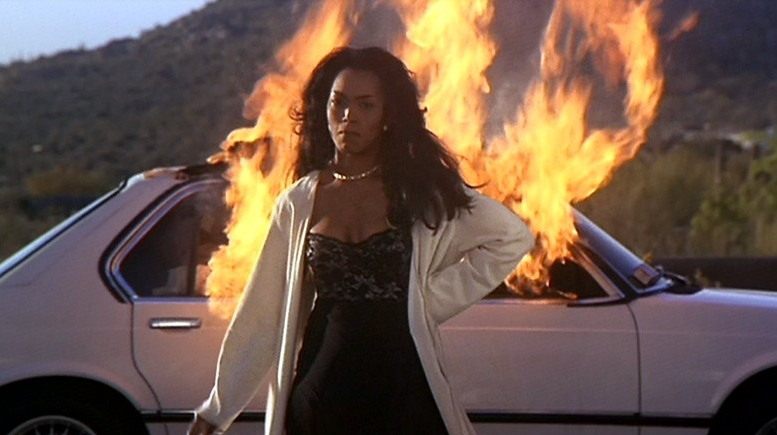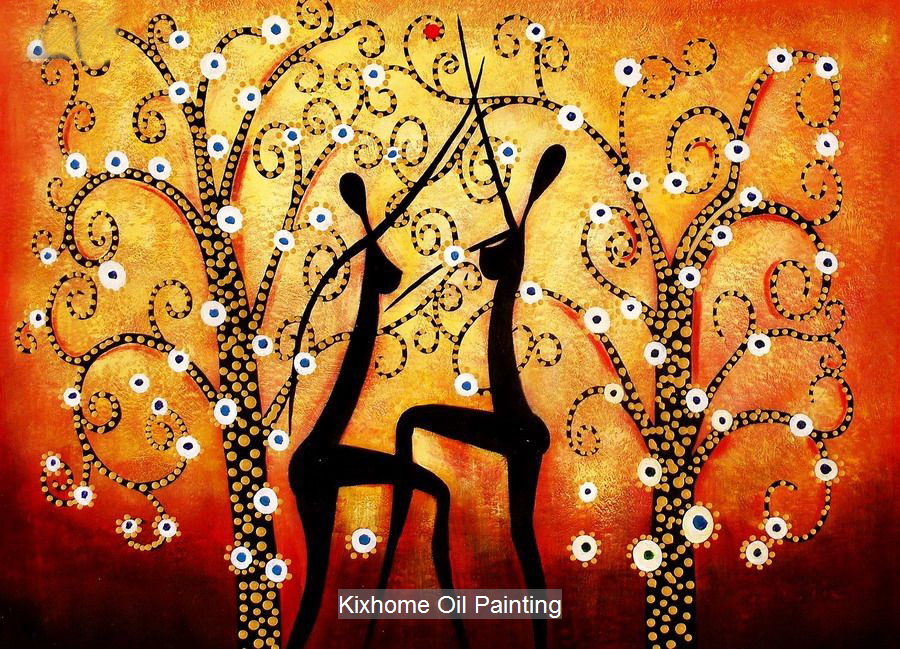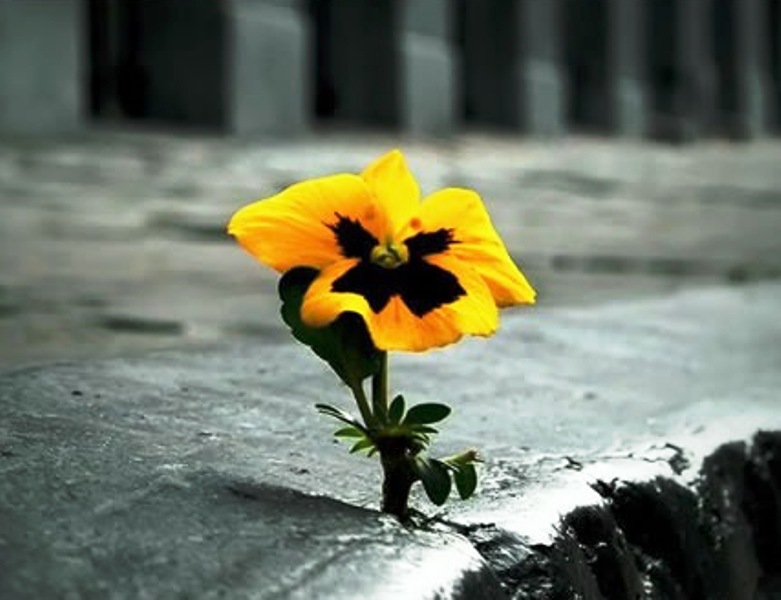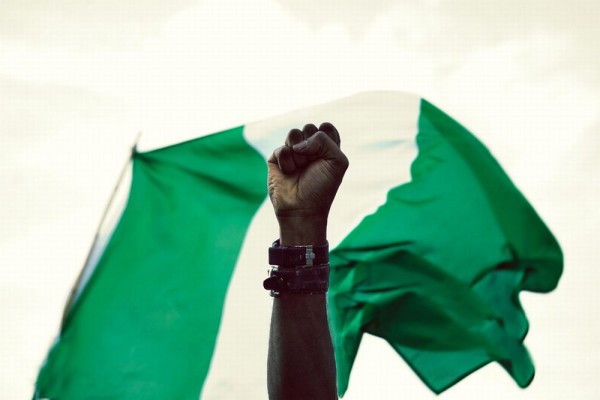Ever had one of those days when your ideals, your spiritual beliefs, your politics, your internal moral compass just feels broken? Well, I've been having those days a lot lately. Here's to raising a white flag, and hitting rock bottom, so you can find your way back up.
-
Afrofeminism - Blog - Love Is My Revolution - Special Series - Spirituality - The Political, Personalized
-
Call for Submissions (Poetry, Prose, Photography): Walking the Tight Rope: An African LGBTI Anthology
Walking the Tight Rope: An African LGBT Anthology seeks poets, writers and photographers within Africa and the Diaspora to share their stories. DEADLINE: April 15, 2014 Please share widely.
-
Love Was My Revolution in 2013, But So Was Resilience.
I know it's been a while. I've had a lot going on. 2013 was quite a year - one that I'm not likely to miss but will always remember for how much it grew me.
-
Queer Afrofeminist Reflections on October 1st: Nigeria’s Independence Day and a Diaspora Homecoming
Today is Nigeria's Independence Day, but I can't focus on my country's progress. It's challenging to remain optimistic in the face of landlords telling you they won't rent to you because "you're a single woman who could potentially use the apartment for prostitution." Until "Nigeria" addresses its treatment of women…
-
To Nigerians Who Don’t Speak Any Native Nigerian Languages, And Their Bullies
Let's get something straight. There are lots of Africans who don't speak their native languages, for a variety of reasons, but they want to learn. But given that the pool of resources for learning indigenous African languages isn't as large as say, for Spanish, wouldn't it be more productive to…
Online rulet oyunları gerçek zamanlı oynanır ve online slot casino bu deneyimi canlı yayınlarla destekler.
İnternet üzerinden eğlence bahsegel giriş arayanlar için deneyimi vazgeçilmezdir.
Kullanıcıların hesaplarına hızlı ve sorunsuz bettilt ulaşabilmesi için adresi her zaman güncel tutuluyor.




